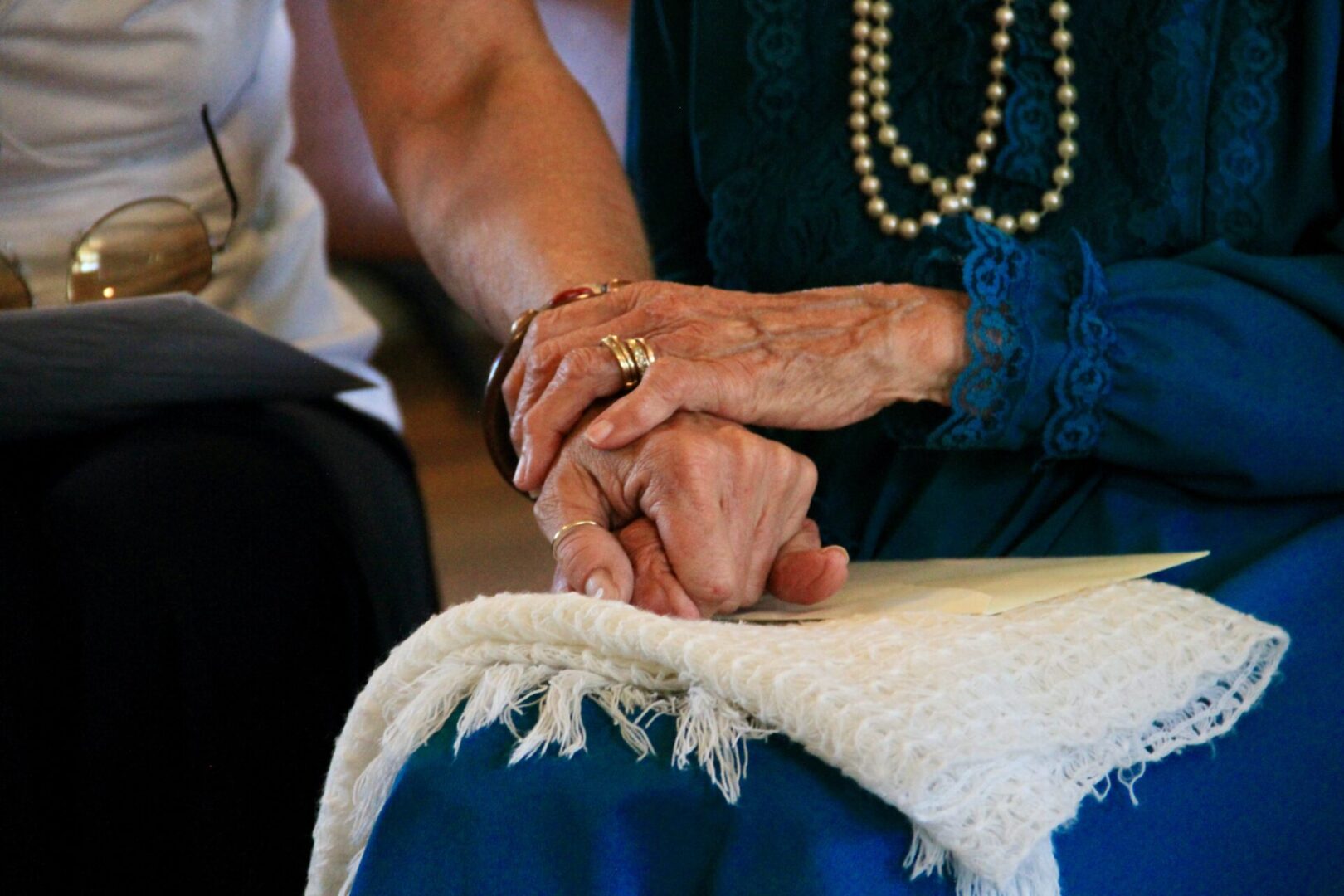
Everyone has experienced trauma in some form. I often talk about trauma as capital “T” TRAUMA and lowercase “t” trauma. Capital “T” TRAUMA can be classified as the kind of trauma that might spring to mind when you hear the word trauma: Sexual abuse, domestic violence (experienced by you or witnessed by you as a close family member is victimized), psychological abuse, emotional abuse, spiritual abuse, having a caregiver who is mentally ill or addicted to a substance or incarcerated, or if you as a child experienced the effects of divorce, death, or neglect or abandonment.
Lowercase “t” trauma is any experience you have that you perceive as betrayal, rejection, or a lack of nourishment on physical, emotional, mental, or spiritual levels. We have all had experiences that fall into this category. Childhood is a jungle of opportunities for the joy of exploration, wonder, and awe and it’s also a time when wounding happens in ways that our undeveloped brains and untrained minds don’t yet know how to deal with.
We can also categorize trauma as “complex” or “simple”. Simple trauma is used to describe a single event, such as a car accident. Complex trauma is the result of repeated traumatic events. All forms of trauma impact brain development, the gut microbiome, genetic expression, and adult health, relationships, habits, socio-economic status, educational level, the risk for addiction, emotional and physical resilience, and general well-being. Trauma not only affects how genetics express, but genetic programming also affects how resilient you are in the face of trauma. In other words, trauma is an epigenetic event that can trigger genes coded for autoimmunity and cancer to express as disease.
Understanding Intergenerational Trauma
Trauma is often not experienced by an individual alone. When we experience hurt, it can then impact our family, community, workplace, and more. Sometimes our community is involved in an incident of violence, addiction, natural or man-made disaster, or poverty. Trauma can be experienced by a group of people and be widespread and be the result of malicious intent, resulting in collective suffering. This is called historical trauma and can result in addiction, suicidal ideation and activity, anxiety and depression, low self-worth, rage and aggression, and low physical, emotional, mental, and spiritual resilience. Studies show that the trauma experienced by Holocaust survivors, and indigenous populations (example: North America and Australia) has ripple effects in genetic expression through up to seven generations after the initial trauma is experienced. This is intergenerational trauma, where the effects of the trauma experienced by an individual(s) reverberate through generations.
Traumatic experiences can take on many forms: marital infidelity, divorce, the loss of a close loved one or beloved pet, the deterioration of your own health or that of a friend or family member, relationship conflict, overwhelm and stress, the loss of a favorite job, home, or safe environment, oppression and enslavement, immigration and the sudden loss of language and culture, separation of family members, financial hardship or poverty, the death, loss or incarceration of a parent, witnessing or experiencing verbal, sexual, physical, or emotional abuse or neglect, a global or national crisis like the recent pandemic, indoctrination into a cult or controlling religious organization, natural disasters, and war.
Intergenerational trauma can affect relationships with family members and romantic partners, your sense of worth, communication style, passion and purpose, parenting patterns, mental and physical health and genetic expression. The good news…like all trauma, intergenerational trauma can also be healed.
How do you Know if You Have Experienced Intergenerational Trauma?

The signs and symptoms of intergenerational trauma will overlap with many other mental health classifications, such as post-traumatic stress disorder (PTSD). Different people will experience and perceive trauma in different ways, and they will also express the symptomology differently. I oftentimes find that many of my patients who are in intergenerational trauma cycles or have experienced trauma firsthand “normalize” their symptoms because they are accustomed to anxiety or depression as a filter, they experience life through. They might have grown up with dysfunctional communication styles and expressions of emotion and therefore it has become “normal” for them. Our environment shapes us just as we shape our environment.
Some common signs and symptoms to look for:
- A sense of detachment from your feelings and your body. This can also be called dissociation or depersonalization.
- Difficulty expressing or feeling your emotions.
- Difficulty forming strong bonds within relationships with romantic partners or connecting with acquaintances and friends.
- An urge to withdraw or isolate under stress.
- Low self-worth and quick to feel guilt or shame.
- Difficulty establishing a sense of self and personal identity.
- Low emotional resilience and trouble regulating self.
- Avoidance of certain persons, places, or experiences.
- Addiction to substances to manage emotions or moods.
- Automatic intrusive thoughts.
- A felt sense of vulnerability.
- Bad dreams and trouble staying asleep.
- Feelings of depression and anxiety.
- Overreaction to stressful events.
- A diminished sense of safety and security in life.
- Thoughts of death and dying or suicide. Call 1-800-273-8255 to reach the National Suicide Prevention Lifeline.
Some typical family dynamics with intergenerational trauma:
- Denial or difficulty discussing the traumatic event(s).
- Minimization of the experience.
- Difficulty expressing emotion or communicating.
- The use of alcohol (or other substances) to cope with or numb uncomfortable feelings.
- Quick to anger or the raising of voices.
- Parenting style is authoritarian/harsh or uninvolved.
You might find that some of the above patterns are being repeated by you. You might not have considered or recognized the effect they have on your own sense of wellbeing and that of those around you. For example, if you witness family members using alcohol to ease uncomfortable feelings, to decompress after a “hard” day, or to navigate tense situations you might find yourself turning to alcohol for the same reasons.
If you grew up in poverty you might be finding yourself indulging in more lavish living and indulging your loved ones in the same way.
If your family of origin struggled to show affection, you might also have difficulty sharing your feelings or demonstrating physical affection.
If your parents were distant or detached, you might live your life seeking approval from outside sources or always trying to prove you are worthy of love and approval.
Whatever your coping pattern is, it will leave you in a state of hypervigilance as you scan your environment and the people in it to make sure your perceived needs are getting met. These perceived needs and the strategy you use to get them will be patterned according to your childhood self and the meanings and beliefs your inner little one created in response to their lived experiences. These perceptions and the way you react to them are constantly affecting how your genetics are expressing themselves, the microbiota in your gut, your heart health, your cognitive ability, your metabolism, your mood and sleep, your endocrine system, and your immune system. They are also affecting your relationship with yourself and the others in your life you are close to, the way you communicate, your motivation for self-compassion and your willingness to engage in consistent self-care.
How do You Stop the Intergenerational Trauma Pattern(s) in Your Life?
If you are starting to see some patterns that you resonate within this article, you might wonder what steps you need to take to keep history from continuing to repeat itself. In the Healing Un-Resolved Trauma Study (HURT Study) I conducted in 2013 I found there were two words that were crucial if trauma patterns were to be interrupted and healed: Willingness and Integration.
Being willing to confront your own thoughts and the ways you perceive yourself in your world with curious compassion is the essential first step. Next be willing to recognize and acknowledge the signs and symptoms that are present because of trauma. Healing emotional, mental, and spiritual pain is just as important as finding and fixing the root cause of physical pain. Having a trauma informed therapist is what I call “borrowing a brain”. Borrowing the brain of a trained professional who will also hold your feet to the fire and not let you get too comfortable in your story is important if you are going to succeed in repairing the damage of early trauma. This therapist must be a good fit for you…and not your buddy.
Taking the insights gleaned in therapy and then integrating them with consistent and diligent practice is next. Insight without integration is like dropping a seed on cement…it cannot take root and bring a harvest. I like using a layering approach with therapy and plant medicine protocols individualized to my patient’s genetics, lab data and personal trauma history. The methodology I use was taught to me by indigenous healer wisdom keepers who have passed their gifts to me as a sacred calling that incorporates the medicine wheel, storytelling, somatic movement, art, writing, song, music, plant medicine and the power of community.
Integration includes passing on the wisdom gleaned in your own healing process with the generation before and the generations below you, thus healing the entire system or energy grid.
Tune in to listen to the Liberating Generations Podcast with Dr. Keesha and Regan Claire. They explore these themes with interactive discussions, tools and tips for healing, and expert guests from around the world and from multiple disciplines of science, spirit, philosophy, and psychoendrocrineurobiology (say that three times quickly 😊).